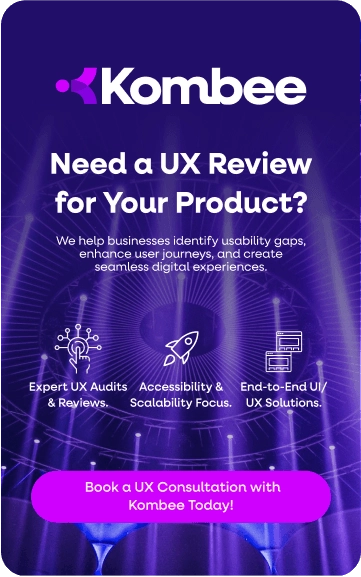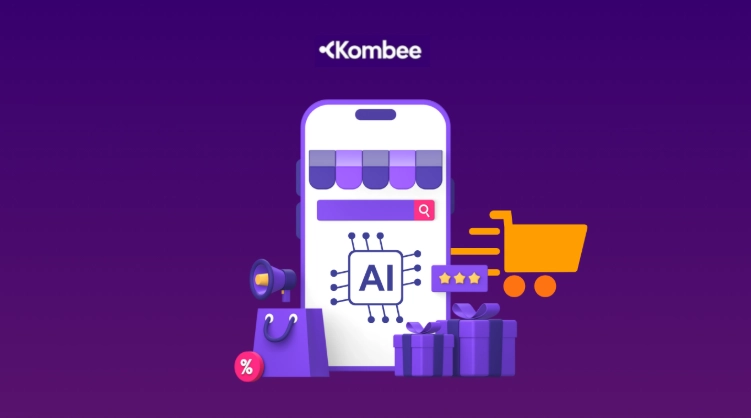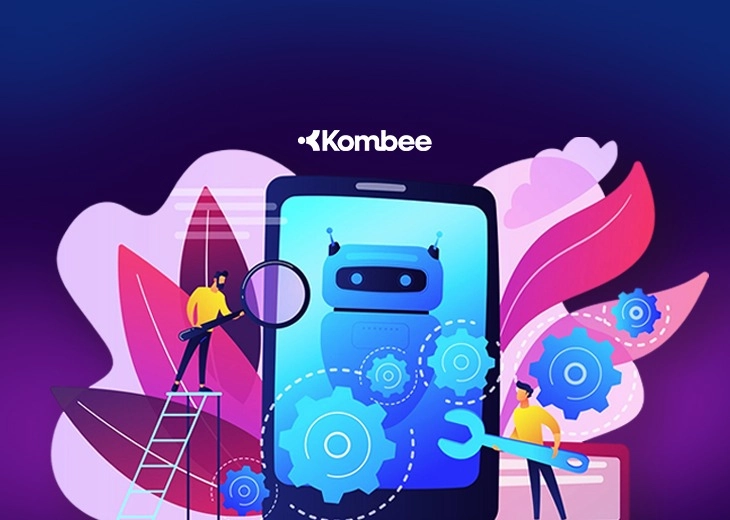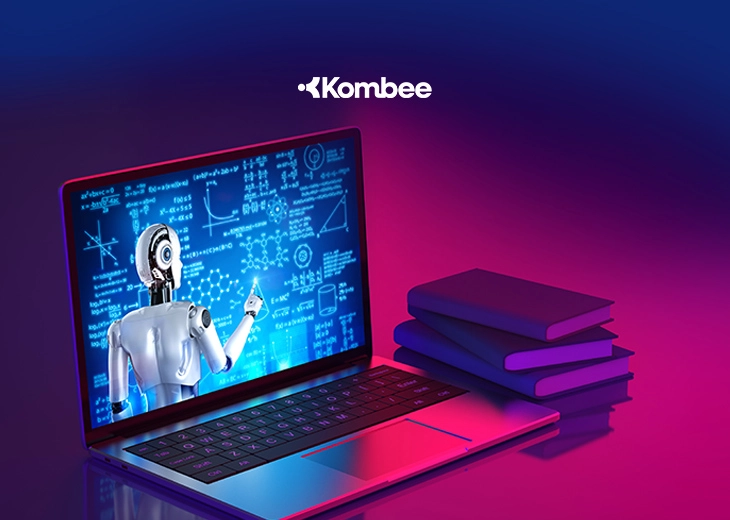Introduction
Artificial Intelligence (AI) has long been a buzzword in the tech world, but today, it’s no longer just an exciting concept — it's a driving force behind innovation and efficiency in businesses across the globe. Whether it's improving operational workflows, enhancing customer interactions, or empowering data-driven decision-making, AI is transforming how tech companies operate and compete in an increasingly digital world.
In this blog, we’ll take a look at how AI is being integrated into tech businesses to improve performance, streamline operations, and offer new services and products that were previously unimaginable. Let’s dive into the real-world applications of AI and how they are revolutionizing the tech industry.
1. AI for Data-Driven Decision Making
In the tech business, data is often considered the new oil. But having vast amounts of data isn’t enough; businesses need the right tools to make sense of it. This is where AI plays a crucial role. By using machine learning algorithms, AI can analyze large sets of data to uncover patterns, trends, and insights that would be too complex or time-consuming for humans to identify.
Tech companies are using AI to:
- Predict market trends and consumer behavior
- Improve product development by analyzing user feedback
- Optimize pricing strategies based on demand forecasting
- Identify new business opportunities by analyzing market conditions
AI's ability to analyze vast amounts of data quickly and accurately empowers businesses to make smarter, more informed decisions, increasing their competitive edge.
2. Automating Routine Tasks and Streamlining Operations
One of the most immediate and impactful uses of AI in business is automation. Repetitive, mundane tasks that once consumed valuable time and resources can now be automated with AI-powered systems. This allows employees to focus on higher-value work, improving productivity and reducing operational costs.
For example:
- Chatbots and Virtual Assistants powered by AI can handle customer queries 24/7, providing quick responses to common questions and reducing the need for human intervention.
- AI-powered automation tools can manage email marketing campaigns, social media posts, and customer service requests, improving efficiency and freeing up staff to focus on more complex tasks.
- Supply chain management benefits from AI by predicting demand, optimizing inventory levels, and improving logistics.
By automating routine processes, tech businesses can operate more efficiently, reduce human error, and deliver faster results.
3. AI Enhancing Customer Experience
In today’s competitive tech landscape, providing exceptional customer experience is crucial for retaining and growing your customer base. AI is increasingly being used to create more personalized, engaging, and responsive experiences for users.
Here’s how AI is enhancing customer experience:
- Personalized Recommendations: AI-driven algorithms, like those used by Netflix and Amazon, analyze user behavior to provide tailored product or content recommendations, improving engagement and satisfaction
- Intelligent Support Systems: AI-powered chatbots and virtual assistants can handle customer queries, resolve issues, and provide assistance without human intervention, offering 24/7 support. This is particularly important for businesses that serve global customers across different time zones.
- Predictive Customer Insights: AI can analyze past customer behavior to predict future actions and needs, allowing businesses to be proactive in their customer service approach.
By leveraging AI, tech businesses can offer a more personalized, responsive, and efficient customer experience, which in turn drives loyalty and brand advocacy.
4. AI in Product Development and Innovation
For tech companies, innovation is key to staying ahead of the competition. AI has become a powerful tool for product development and innovation. By leveraging AI, businesses can create more intuitive, intelligent, and adaptive products that meet the evolving needs of their customers.
For example:
- AI-powered testing can simulate real-world usage of products, allowing companies to identify potential flaws or performance issues before they reach consumers.
- Natural Language Processing (NLP) algorithms help businesses create products that can understand and respond to human language — like voice-activated assistants or chatbots.
- AI in design can assist with product prototyping, allowing engineers to rapidly test new concepts and improve designs based on real-time feedback and data.
By incorporating AI into product development, tech companies can bring new ideas to market faster, create better products, and continuously improve based on real user data.
5. AI in Cybersecurity
With the rise of digital transformation and an increasing number of online transactions and communications, cybersecurity has become a top priority for tech businesses. AI is playing an essential role in enhancing security measures and protecting sensitive data.
AI is being used to:
- Detect threats and anomalies: Machine learning algorithms can analyze patterns in network traffic and user behavior to identify unusual activity that might indicate a cyberattack.
- Automate threat responses: AI can automatically respond to certain security threats, such as blocking suspicious IP addresses or isolating compromised systems, minimizing damage and reducing the time it takes to mitigate a breach.
- Predict vulnerabilities: AI can scan code, detect flaws in software, and predict potential vulnerabilities before they can be exploited by hackers.
As cyber threats grow more sophisticated, AI is helping tech companies stay one step ahead by offering faster, smarter, and more proactive defense mechanisms.
6. AI in Marketing and Customer Acquisition
AI is also revolutionizing the way tech companies approach marketing and customer acquisition. By harnessing AI-powered tools, businesses can create more targeted and effective marketing campaigns that yield better results and higher ROI.
AI tools can:
- Segment customer bases based on purchasing behavior, demographics, or online activity, allowing for more personalized marketing efforts.
- Optimize ad spend by analyzing which platforms, keywords, and content drive the most conversions, and reallocating budget to high-performing channels.
- Predict customer behavior, such as which users are more likely to convert into paying customers or which products they are most likely to buy.
AI allows businesses to move beyond broad marketing strategies and instead create highly tailored campaigns that reach the right audience with the right message at the right time.
7. The Future of AI in Tech Business
As AI technology continues to advance, its potential in business will only grow. We’re likely to see:
- Smarter automation, with AI handling more complex tasks across all departments.
- Greater integration of AI in customer experiences, from hyper-personalized recommendations to full-service virtual assistants.
- New AI-driven business models, allowing companies to create entirely new types of products and services powered by machine learning and data analytics.
While the possibilities are exciting, tech businesses must also remain mindful of ethical considerations, such as data privacy, AI bias, and the societal impacts of automation. As AI becomes increasingly embedded in the fabric of business, balancing innovation with responsibility will be key.
Conclusion
Artificial Intelligence is no longer a futuristic tool — it’s a powerful force that’s already shaping the way tech businesses operate, make decisions, and interact with customers. From enhancing data analysis and automating operations to revolutionizing customer service and cybersecurity, AI is driving innovation across every facet of tech businesses.
By integrating AI into their strategies, tech companies can not only improve efficiency and reduce costs but also deliver superior products and services that meet the ever-growing expectations of their customers. As the technology continues to evolve, the potential for AI to drive growth, improve decision-making, and create new opportunities is limitless.
As we look ahead, the question is not whether AI will play a role in your business — it's how you can harness its power to unlock the next level of success.
Frequently Asked Questions
Q1. How is AI transforming tech businesses today?
AI is transforming tech businesses by automating routine operations, improving decision-making with data-driven insights, enhancing customer experiences through personalization, and strengthening cybersecurity.
Q2. What role does AI play in improving customer experience?
AI enables personalized recommendations, predictive insights, and 24/7 intelligent support through chatbots and virtual assistants. This creates more engaging, responsive, and efficient customer interactions.
Q3. How does AI support innovation in tech companies?
AI accelerates product development by powering testing, design, and prototyping. It also enables advanced features like natural language processing and predictive analytics, helping companies bring smarter, more adaptive products to market faster.







